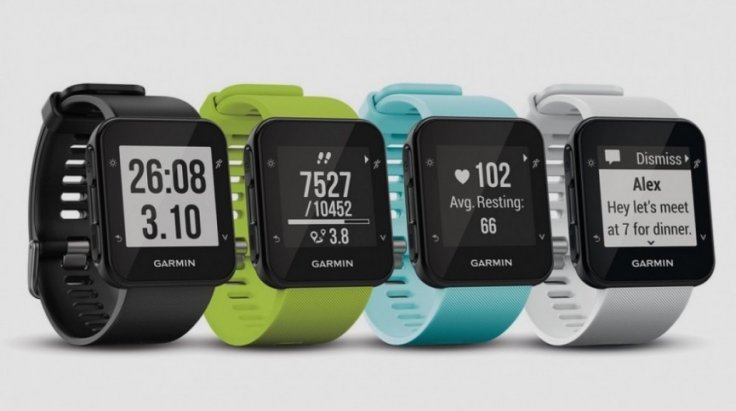Federal regulators will start an investigation into wearable monitoring devices, including the ones made by Fitbit, Garmin and two Chinese manufacturers following claims by Philips of patent violation. Philips has alleged that these companies are infringing on technologies such as alarm reporting, motion sensing, and activity tracking.
Wearable monitoring devices have gained immense popularity over the past few years, which has seen a number of tech giants shifting focus to this segment. Needless to say, the announcement does not come at a great time. The year has just begun, and many make resolutions to stay fit in the New Year — this is where wearable monitoring devices play a key role.
More into the allegation
The US International Trade Commission (USITC) said in a statement that it will launch a probe into wearable monitoring devices following claims made by Koninklijke Philips and its North American unit of patent violations. The federal regulators said the wearable monitoring devices will also include the ones made by Fitbit and Garmin along with California-based distributor Ingram Micro and two Chinese companies, Inventec and Maintek.
Philips says that wearable monitoring devices companies have been infringing on its patents. It has maintained that it has been trying to negotiate with the companies for three years but now talks have fallen apart. The Netherlands-based company is now calling for tariffs or an import ban.
Wearable monitoring device makers not happy

Wearable monitoring devices are fast gaining popularity among millennials. This has seen a number of companies shift focus to this segment. All top tech giants like Samsung, Google and Apple are in the race to capture market shares. Fitbit, as reported by Reuters, has said that the "claims are without merit" and are a result of "Philip's failure to succeed in the wearables market".
Philips is a relatively new player in the wearables market. The company released its first health watch only in 2016, long after Fitbit, Garmin and other major players had already started making their presence felt in the wearables market. Although the device was quite specialized, it didn't become a runaway hit, as Apple and Samsung had already taken the game away from most other wearable device makers by that time.








